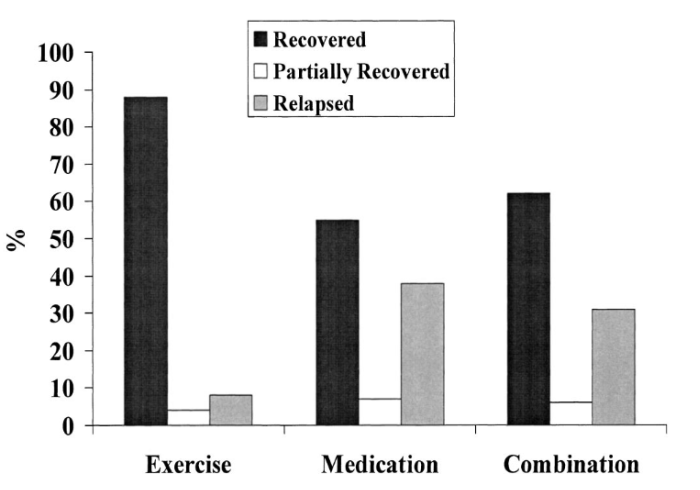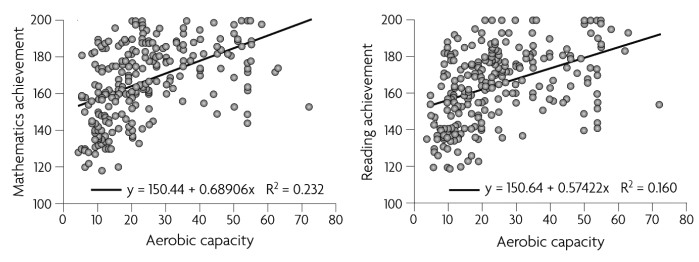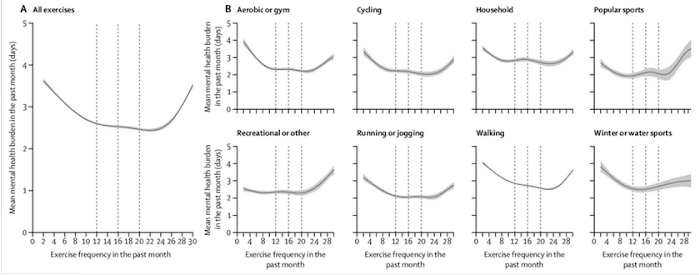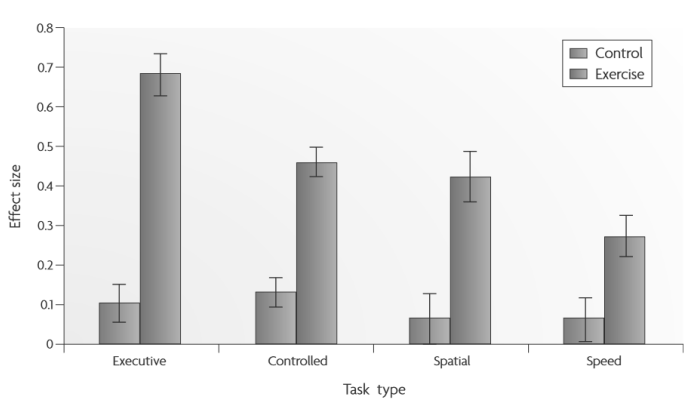Exercise
Exercise has multiple benefits for the entire human system but from a Chinese perspective, it is particularly important for our Liver. The main pathology to affects the Liver and the Wood element more broadly is stagnation. Stagnation, in turn, has a detrimental effect on flexibility. Stagnation leaves us physically and emotionally stuck, rigid and brittle. This is why exercise is so helpful. It allows us to shake up and move stagnation, providing renewed movement, fluidity and growth. The following research, explains some of the many ways exercise is helpful to our mental and physical health.
Babyak et al. (2000) Exercise Treatment for Major Depression: Maintenance of Therapeutic Benefit at 10 Months
This experiment studied 156 people suffering from major depression. Participants were put into one of three groups. Either they were prescribed exercise alone (3 sessions of 30 mins a week); medicine alone (the anti-depressant, Zoloft); or both exercise and medication. They continued this regime for 16 weeks.
Findings:
 Figure 1. Clinical status at 10 months (6 months after treatment) (Babyak et al., 2000)
Figure 1. Clinical status at 10 months (6 months after treatment) (Babyak et al., 2000)
Conclusions:
All of the participants saw an improvement in their symptoms but the greatest improvement was seen in the “Exercise” group. Interestingly, exercise alone was more effective than exercise and medication.
This paper reviewed previous literature that looked at the link between exercise, thinking skills and brain function.
Findings:
 Figure 2: Correlation between aerobic activity and academic achievement in Reading and Maths amongst school-age children.
Figure 2: Correlation between aerobic activity and academic achievement in Reading and Maths amongst school-age children.
Figure 3: Meta-analytic findings of exercise-training effects on cognition in older adults. (Hillman et al., 2008)
Conclusions:
The results show that across age groups, fitness training improves academic achievement and significantly benefits four different types of cognitive task.
Chekroud et al. (2018) Association between physical exercise and mental health in 1·2 million individuals in the USA between 2011 and 2015: a cross-sectional study.
This large study looked at 1.2 million Americans. Participants were asked, “How many times have you felt mentally unwell in the past 30 days, for example, due to stress, depression, or emotional problems?”.
They were also asked about their physical activity, being given 75 types of activity to choose from (including things like child care and lawn-mowing.)
Finally, they were also asked about their income.

Figure 4: Graphs showing mental health outcomes related to exercise for various exercise types and all forms of exercise. Greater exercise correlates with improved mental health outcomes
Conclusions:
The results showed that those who exercised were happier on the whole.
They also showed that those who exercise were as happy as people who didn’t exercise but who earned $25000 more a year (Chekroud et al., 2018).
Yoga and flexibility:
The research above shows that all exercise is beneficial. Arguably the most important thing is to find something you enjoy enough to keep doing. However, to really improve your Wood energy the stretching involved in yoga is especially beneficial. If you want to become more physically and mentally flexible, yoga is a good place to start.
Sivaramakrishnan et al.(2019) The effects of yoga compared to active and inactive controls on physical function and health-related quality of life in older adults-systematic review and meta-analysis of randomised controlled trials.
This research paper is a recent review of 22 randomised controlled trials of yoga.
Findings:
Yoga shows significant benefits compared to both active and inactive control groups
These improvements were seen in:
- Balance
- Lower body flexibility
- Lower limb strength
- Depression
- Perceived mental health
- Perceived physical health
- Sleep Quality
- Vitality
(Sivaramakrishnan et al., 2019)
References:
Babyak, M., Blumenthal, J.A., Herman, S., Khatri, P., Doraiswamy, M., Moore, K., Edward Craighead, W., Baldewicz, T.T. and Ranga Krishnan, K., (2000) Exercise Treatment for Major Depression: Maintenance of Therapeutic Benefit at 10 Months. Psychosomatic Medicine, 625, pp.633–638.
Chekroud, S.R., Gueorguieva, R., Zheutlin, A.B., Paulus, M., Krumholz, H.M., Krystal, J.H. and Chekroud, A.M., (2018) Association between physical exercise and mental health in 1·2 million individuals in the USA between 2011 and 2015: a cross-sectional study. The Lancet Psychiatry, 59, pp.739–746.
Hillman, C.H., Erickson, K.I. and Kramer, A.F., (2008) Be smart, exercise your heart: exercise effects on brain and cognition. Nature Reviews Neuroscience, 91, pp.58–65.
Sivaramakrishnan, D., Fitzsimons, C., Kelly, P., Ludwig, K., Mutrie, N., Saunders, D.H. and Baker, G., (2019) The effects of yoga compared to active and inactive controls on physical function and health related quality of life in older adults-systematic review and meta-analysis of randomised controlled trials. International Journal of Behavioural Nutrition and Physical Activity, 161, p.33.

